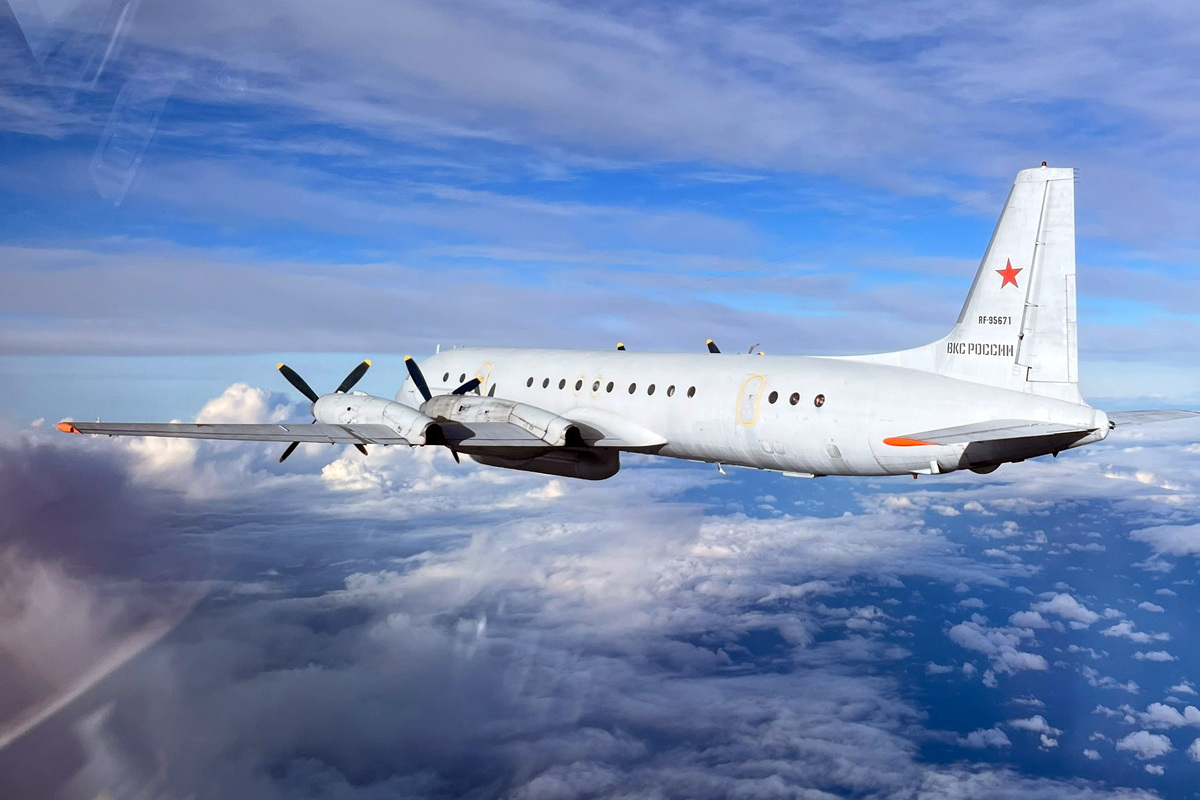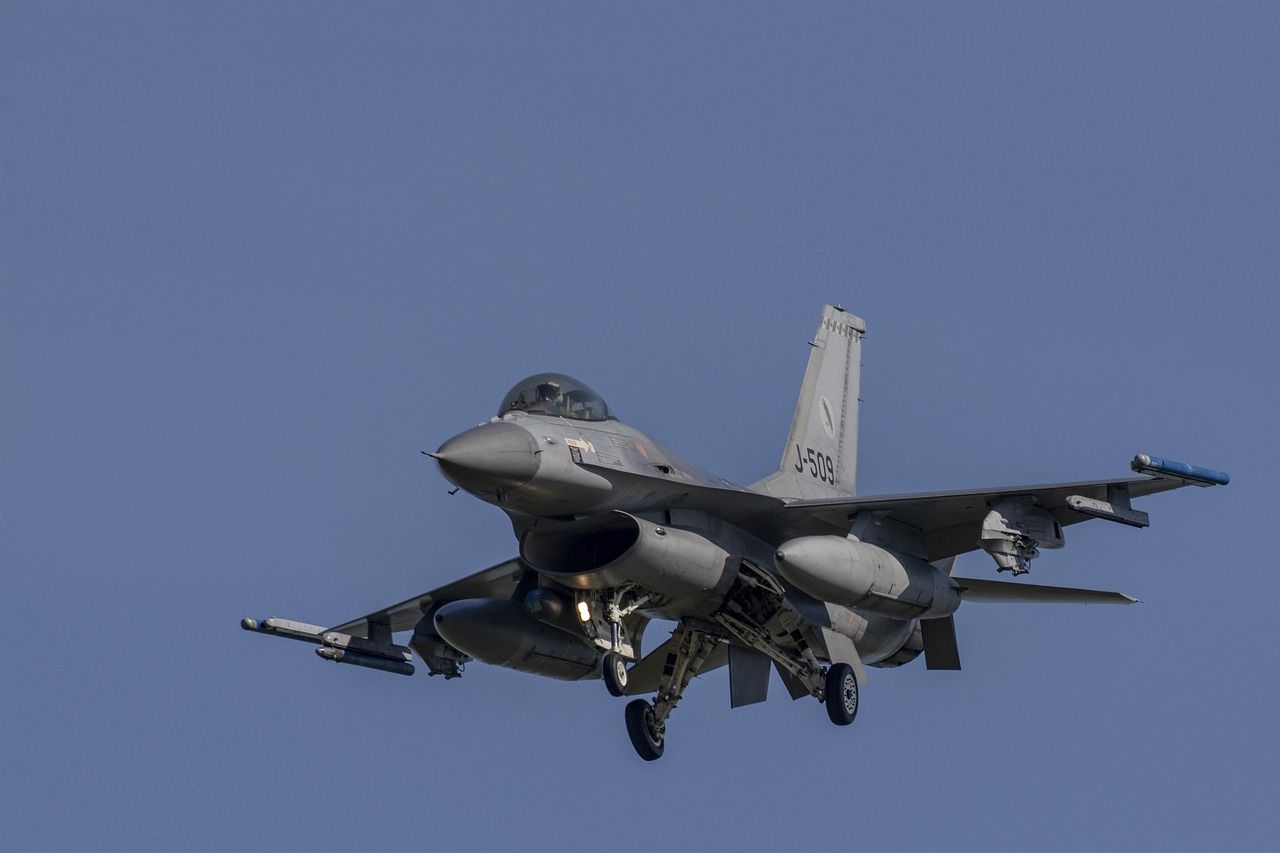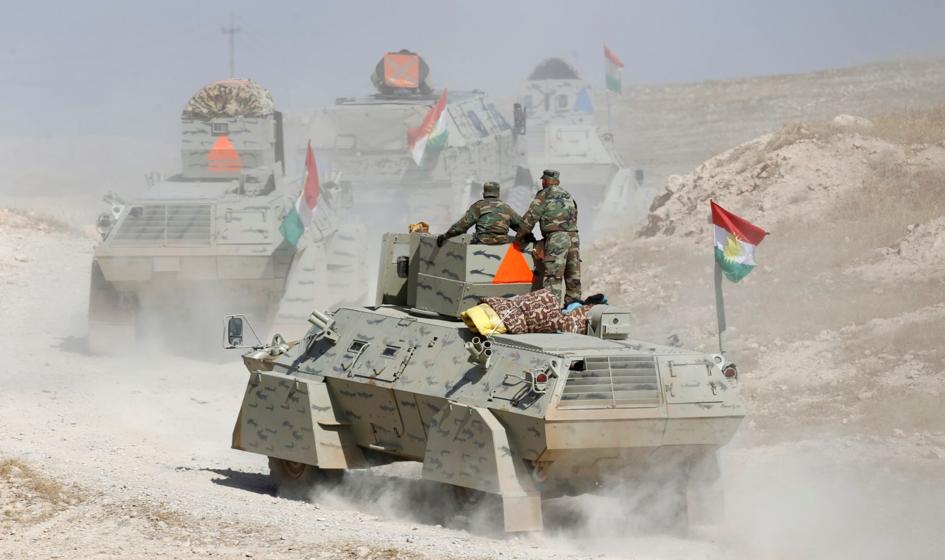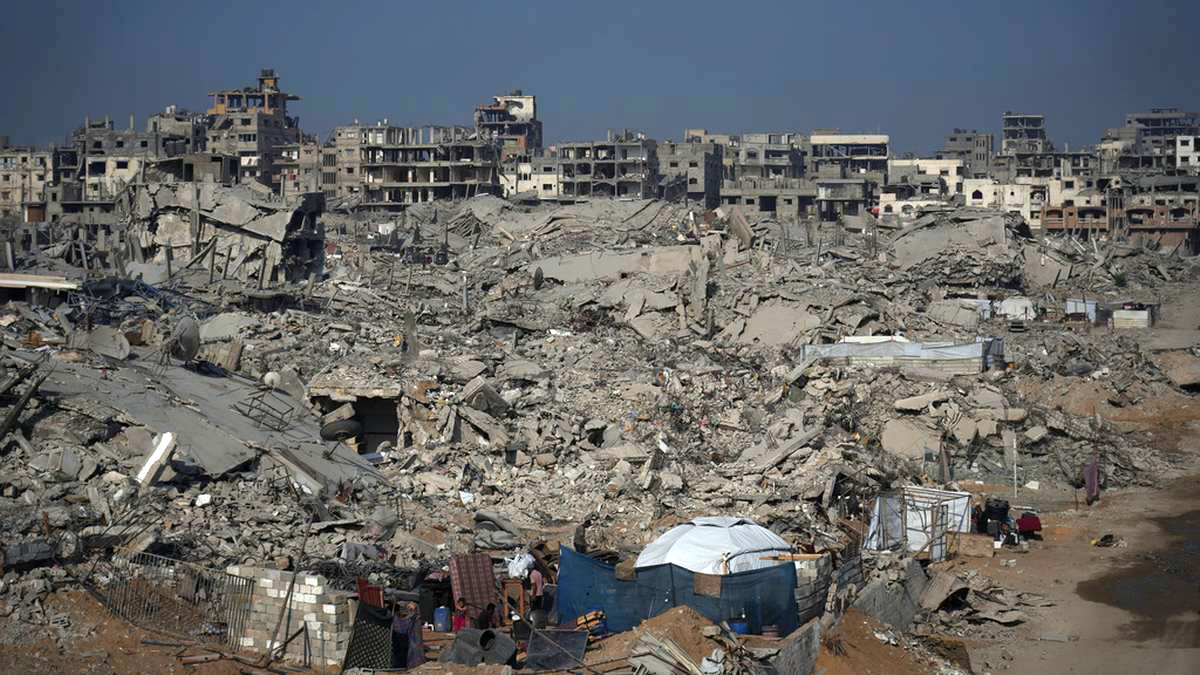Does participation in military exercises outside the state entitle a soldier to take time off? What about the one-year PE exam in case of a shift? Are soldiers in professional military service in training entitled to free vaccination? These and another questions are answered by MON experts.
Recently, I have been in abroad exercises for 12 hours a day, including weekends. Under the current regulations, do I deserve overtime?
Pursuant to Article 275(4) of the Act of 11 March 2022 about the defence of the homeland the standards of service referred to in paragraphs 2 and 3 shall not apply to professional officers acting as commanders of military units, as well as to professional soldiers carrying out tasks of peculiar importance to the Polish Army and carrying out tasks of an extraordinary nature essential for the protection of the interests of the State, in peculiar those active in preventing the effects of natural disasters or method disasters which are marked by natural disasters and for the intent of their removal, work and duty, exercise and training and military service outside the State. In view of the above, it should be concluded that participation in military exercises outside the country does not entitle a soldier to take time off, even in situations where the exercises were carried out in over-normative time.
Is it possible for a soldier who made a announcement on December 12 to be released on 31 December?
Pursuant to Article 231(2) and (3), the release from professional service of a professional soldier as a consequence of the termination of the professional service relation shall take place 3 months after the last day of the period by the soldier. However, this period may be shortened by written consent of the fired professional soldier and the competent authority, with the end of which must be the last day of the month.
It should besides be pointed to the order of the Minister of National Defence of 20 February 2023 on the dismissal of professional soldiers from professional military service. Paragraphs 7(4) and (5) indicate that the commander of the unit to which the discharge of the soldier has been received shall immediately send them straight to the firing authority and to his superiors under that authority, unless he himself is that authority. These superiors may, within 14 days, present their opinion on the shortening of the period of announcement and send it to the authority entitled to be released from professional military service. If the opinion is not delivered within that time limit, it shall be deemed that there is no objection to taking full account of the request contained in the termination and that the opinion has been expressed silently.
In this case, it is so possible to exempt a soldier from professional military service on 31 December.
The soldier took up a service position of flying personnel, where parachute training is required. However, in order to start it, it is essential for him to have a WF examination from the standard table for flying personnel. Meanwhile, the soldier had already passed a one-year exam from the gym, being in the erstwhile service position. Is it possible to recalculate the results from the erstwhile PE test, or does the soldier gotta take the fitness test again?
The soldier has passed a physical fitness test, so he does not request to approach him again. The “Check” IT strategy provides the anticipation to change categories due to the position taken, but there is simply a hazard that the results achieved may change the rating or point value. Regardless, a professional soldier, regardless of the assessment obtained, may again – but only erstwhile – take the test, and the records shall leave information on a higher assessment.
If the spouse with whom the soldier is separated has an flat in the place where the soldier is serving, this excludes the anticipation of granting the soldier a place in boarding Or a boarding house?
The Act of 22 June 1995 on the accommodation of the Armed Forces of the Republic of Poland (Journal of Laws of 2022 item 1623 and 2023 item 1872) does not regulate, unlike the divorce of a professional soldier, the state of separation of spouses, so it is considered that their matrimony continues. This means that, during the period of marriage, the professional soldier is subject to negative conditions (Article 21(6) of the Act on Accommodation), which excludes the anticipation of exercising his right to accommodation (subject to paragraph 10). In the light of that provision, a professional soldier shall not be entitled to accommodation if he or his spouse:
1. received a cash equivalent in exchange for the withdrawal from accommodation paid under the provisions of the Act in force until 30 June 2004;
2. received housing clearance paid or made in kind under the provisions of the Act in force since 1 July 2004;
3. Acquired residential premises from the Treasury, the Agency or local government units with a discount or with a discount in the acquisition price;
4. received financial assistance paid in advance or non-refundable form by 31 December 1995 on the basis of the provisions of the Act of 20 May 1976 on the accommodation of armed forces (Journal of Laws of 1992 No 5, item 19 and 1994 No 10, item 36);
5. acquired a proprietary cooperative right to housing from the Agency.
The events referred to in points 1 to 5 mention to both the professional soldier and his spouse for the period of marriage.
Can a major serving as chief of the military recruitment centre appoint and appoint Private and Professional Petty Officers?
Pursuant to Article 208(1) of the Law of 11 March 2022 on the defence of the homeland, the commander of a unit in which a professional soldier is appointed to service may additionally entrust a soldier with temporary duties in that unit in an uninsured or cast position, in which the designated soldier temporarily does not execute his duties. This does not apply to military court judges and military prosecutors and professional soldiers on secondment. Furthermore, in Article 447(1) of the Act, the legislator guaranteed a professional soldier who was additionally entrusted with temporary service duties for at least 1 period under the procedure laid down in Article 208 of the Act, with additional remuneration.
Pursuant to Article 140(2), the Minister of National Defence or Military Authorities shall appoint the Head of the General Staff of the Polish Army, Commander of the kind of armed forces, Chief Commander of the Military Gendarmerie, Commander of the Garrison of Warsaw, heads of military recruitment centres and another commanders of military units holding a post of at least a full-time colonel (commander), in subordinate military units, and in the case of private professional and professional officers, the authority liable for appointing a professional soldier for the post. However, in accordance with Article 196(1), point 3, the authorities liable for appointing and exempting professional soldiers from these posts are, inter alia, the commanders of military units, in respect of the service positions of the corps of sub-commissioned and private soldiers.
Therefore, it is not possible to identify the rank of work with the actual military rank or with the work position actually occupied by the professional soldier, who has been entrusted with temporary duties as commander of the military unit. It is crucial that the service position of the commander of a military unit is graded, not a individual determination of who is holding them. The only entity restrictions on entrustment of temporary duties are provided for in Article 208(4) of the Act.
In view of the above, it should be noted that a professional soldier of the military rank of major, who has been entrusted with temporary duties as commander of the military unit, is entitled to appoint and appoint Privates and Professional Petty Officers for duty.
The adoption of another explanation would lead to a situation in which a professional soldier could not carry out all the duties of service which were temporarily entrusted to him and for which he is besides compensated. The situation could be further complicated in the event of a long-term failure of a service post or a long-term inability to carry out tasks by a designated soldier. Consequently, this would prevent the military unit from performing its tasks properly. It appears that the legislator's intention to entrust temporary service duties to institutions was to guarantee the appropriate functioning of military units, which consequently translates into the overall operation of the armed forces.
Is he entitled to free vaccinations from his second year of survey after being appointed to professional military service?
Protective vaccination is 1 of the primary methods of preventing infectious diseases. In addition to individual protection and hygiene – which are a kind of passive and non-specific prevention – they are a highly effective way of preventing infections due to the fact that they are active and specific. In addition to individual immunity, group, population opposition is obtained in vaccinated individuals. This reduces the number of people who may be a possible origin of infection, resulting in an improvement in the epidemiological situation. Therefore, in order to accomplish the effectiveness of vaccination, it is essential to guarantee that vaccination is universal. Protective vaccinations should be utilized in peculiar where it is not possible to destruct from the environment of the service and the work of pathogens and at the same time where the nature of the occupational activities undertaken in the service or work causes a crucial hazard of infection or transmission of infection. The provisions governing preventive vaccination are contained in the National Defence Minister's Regulation of 12 April 2023 on the preventive vaccination programme for professional soldiers (Journal of Laws of 2023 item 686), annexed by the preventive vaccination programme for professional soldiers, exposed to certain pathogens and for epidemiological reasons. This regulation is an implementing act of the Law of 11 March 2022 on the Defence of the Motherland resulting from the statutory mandate contained in Article 290(2) of that Law. To sum up, soldiers performing professional military service in the course of training at the military college (subcholers), a sub-office school, a training centre, are subject to Article 290 of the Law on the Defence of Homeland. According to his record, professional soldiers are subject to free protection vaccinations (in accordance with the vaccination programme set out in the MON Regulation issued under this Article).
In addition, under Article 97, a candidate for a professional soldier in the course of voluntary essential military service (the first year of education at the university and the time of education at the junior advanced school and training centre) is besides covered by Article 290.









